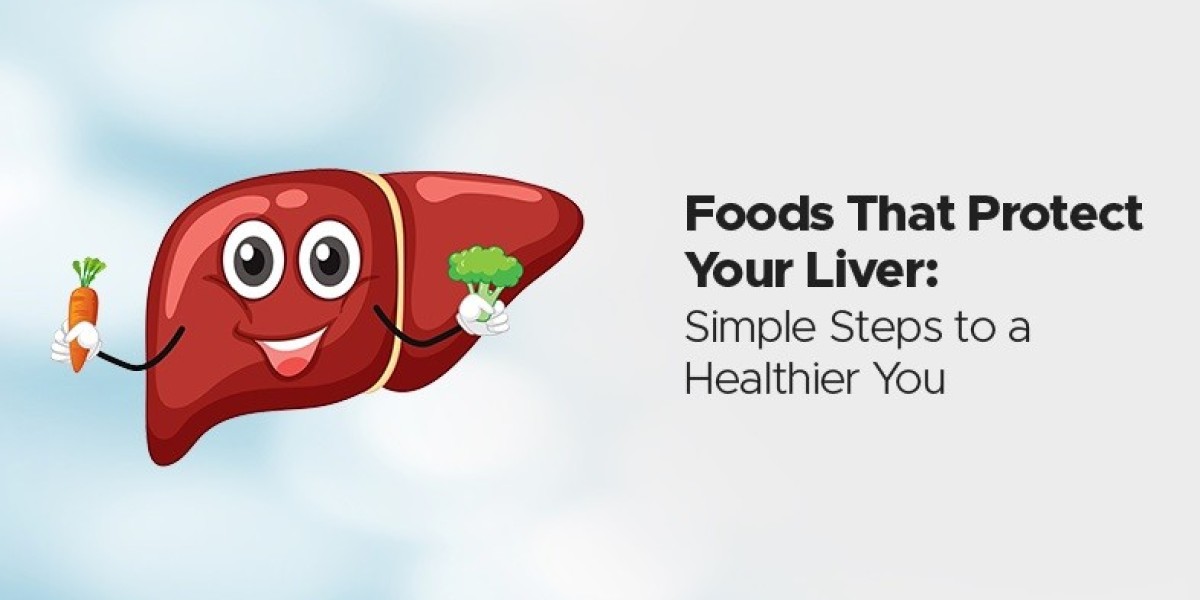The liver, a vital organ responsible for numerous essential functions, plays a pivotal role in detoxification, metabolism, and the synthesis of proteins necessary for blood clotting. Maintaining a healthy liver is crucial to overall well-being, as liver diseases can lead to severe complications, including the need for a liver transplant. In India, liver transplant procedures have advanced significantly, providing life-saving options for those with end-stage liver disease. However, prevention is always better than cure. This blog will explore foods that protect your liver and the lifestyle changes you should adopt to ensure liver health.
Foods to Protect from Liver Disease
Leafy Greens
Leafy greens such as spinach, kale, and arugula are rich in antioxidants and essential nutrients that support liver health. They help detoxify the liver and reduce inflammation, lowering the risk of liver disease.
Cruciferous Vegetables
Vegetables like broccoli, cauliflower, and Brussels sprouts contain compounds that enhance the liver's ability to detoxify harmful substances. These foods are high in fiber and antioxidants, which aid in the reduction of fatty liver disease and other liver-related issues.
Berries
Berries, including blueberries, strawberries, and raspberries, are packed with antioxidants and vitamins that protect the liver from damage. Their anti-inflammatory properties can help reduce the risk of liver fibrosis and cirrhosis.
Fatty Fish
Fatty fish such as salmon, mackerel, and sardines are excellent sources of omega-3 fatty acids. These healthy fats reduce liver inflammation and prevent the buildup of excess fat in the liver, lowering the risk of non-alcoholic fatty liver disease (NAFLD).
Nuts
Nuts, especially walnuts and almonds, provide healthy fats, antioxidants, and essential vitamins that support liver health. Regular consumption of nuts can improve liver enzyme levels and reduce oxidative stress.
Garlic
Garlic contains sulfur compounds that activate liver enzymes responsible for flushing out toxins. It also has selenium, which helps in liver detoxification and protects against liver damage.
Green Tea
Green tea is rich in antioxidants known as catechins, which support liver function and protect against liver disease. Regular consumption of green tea can improve liver enzyme levels and reduce liver fat.
Turmeric
Turmeric contains curcumin, a powerful anti-inflammatory and antioxidant compound. Curcumin helps in detoxifying the liver and protecting it from damage caused by toxins and inflammation.
Lifestyle Changes You Should Make
Maintain a Healthy Weight
Obesity is a significant risk factor for developing liver disease, particularly NAFLD. Maintaining a healthy weight through a balanced diet and regular exercise can prevent the accumulation of fat in the liver and reduce the risk of liver disease.
Limit Alcohol Intake
Excessive alcohol consumption is one of the leading causes of liver disease. Limiting alcohol intake or abstaining altogether can significantly reduce the risk of developing alcoholic liver disease and other liver-related conditions.
Stay Hydrated
Drinking plenty of water is essential for liver health. Hydration helps the liver function efficiently by flushing out toxins and waste products from the body.
Avoid Processed Foods
Processed foods high in sugar, salt, and unhealthy fats can damage the liver over time. Opt for whole, unprocessed foods to support liver health and overall well-being.
Exercise Regularly
Regular physical activity helps maintain a healthy weight, reduces liver fat, and improves liver function. Aim for at least 30 minutes of moderate exercise most days of the week.
Get Regular Check-ups
Regular medical check-ups can help detect liver issues early, allowing for timely intervention and treatment. Discuss any concerns with your healthcare provider and stay informed about your liver health.
Conclusion
A healthy liver is crucial for a healthy life. By incorporating liver-friendly foods into your diet and making necessary lifestyle changes, you can protect your liver from diseases and reduce the risk of severe complications. Remember, while advancements in liver transplant in India offer hope for those with end-stage liver disease, prevention through a healthy lifestyle is always the best approach. Take proactive steps today to ensure your liver stays healthy for years to come.







